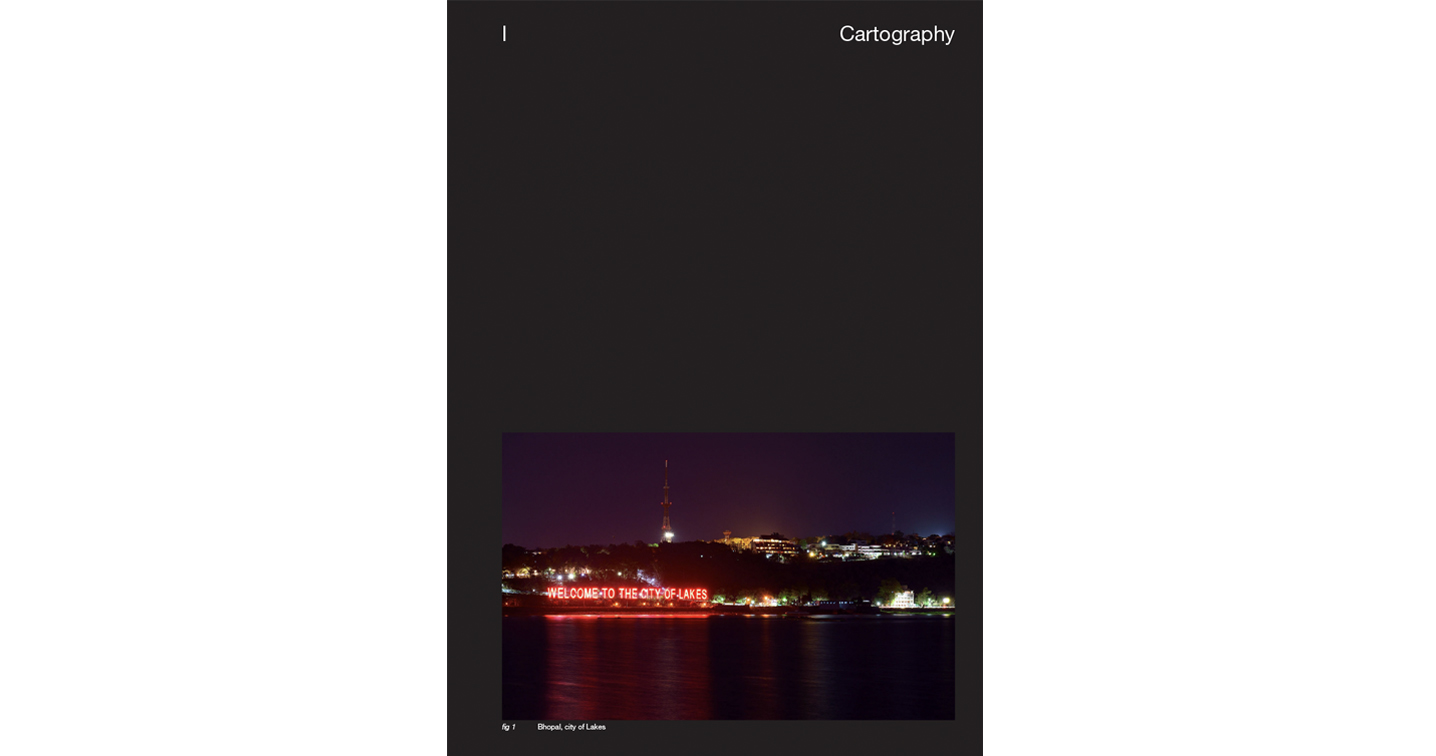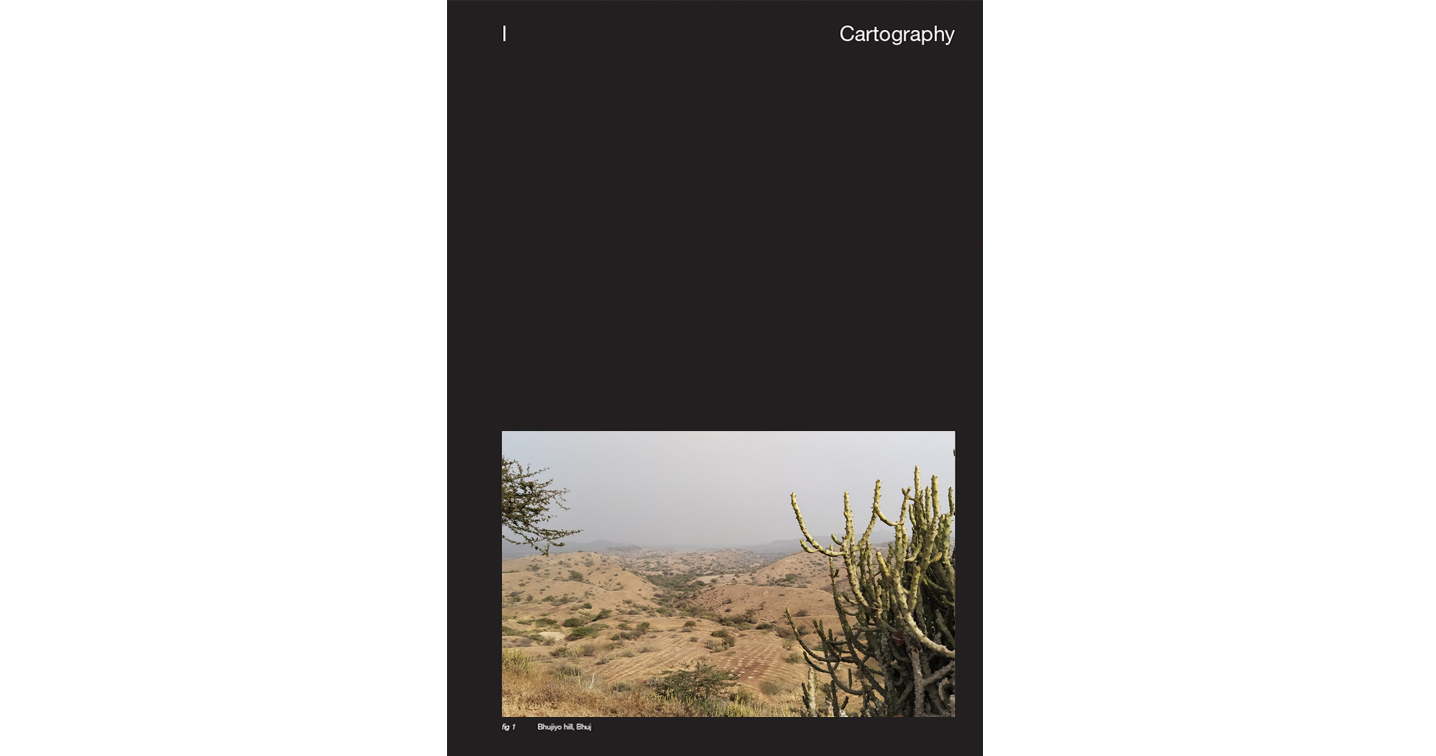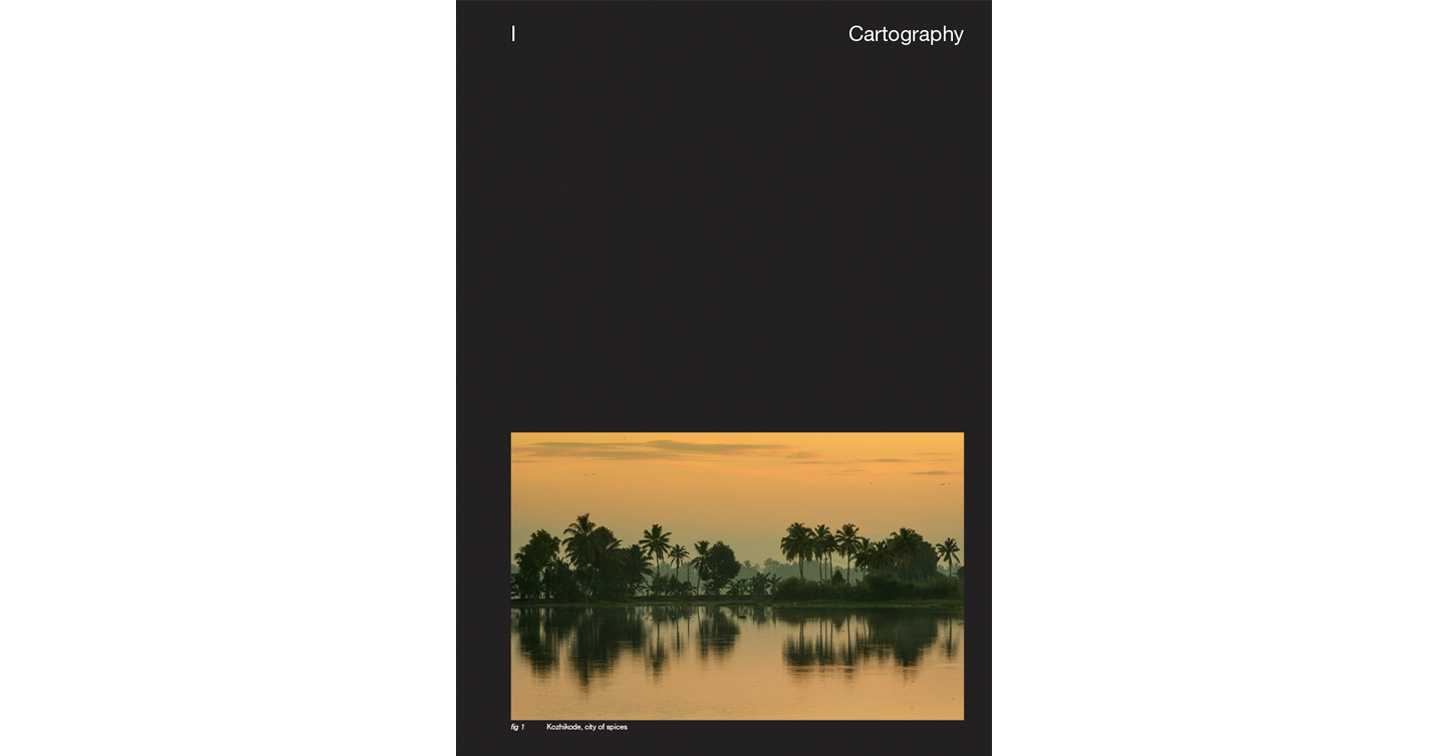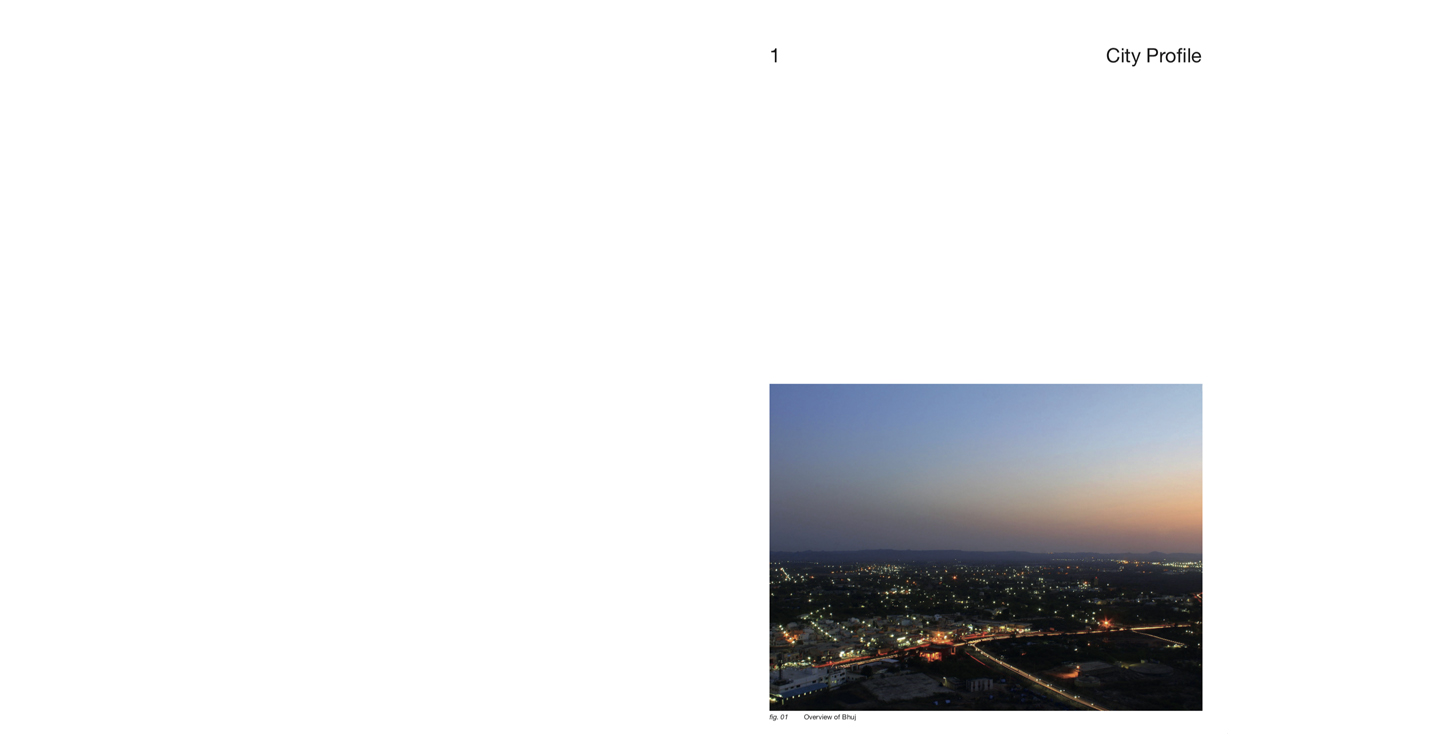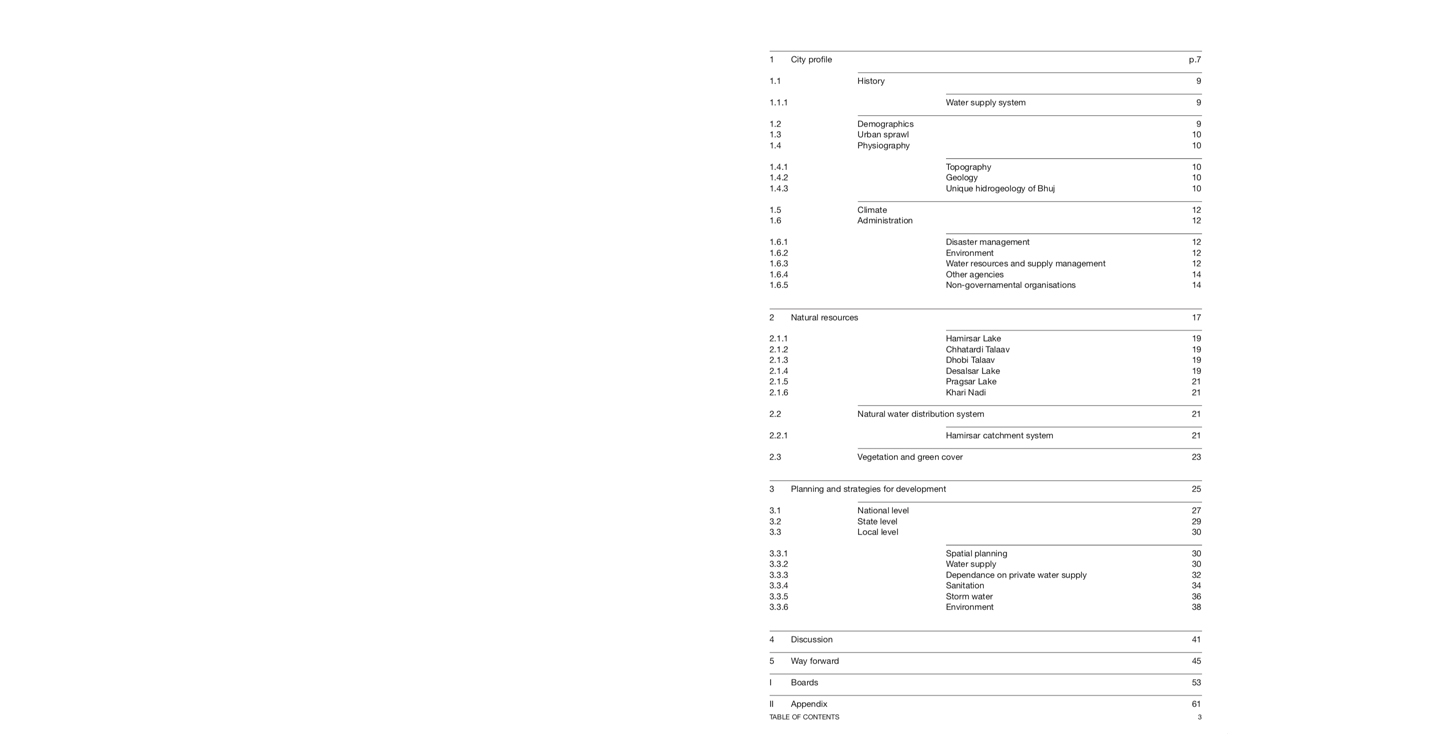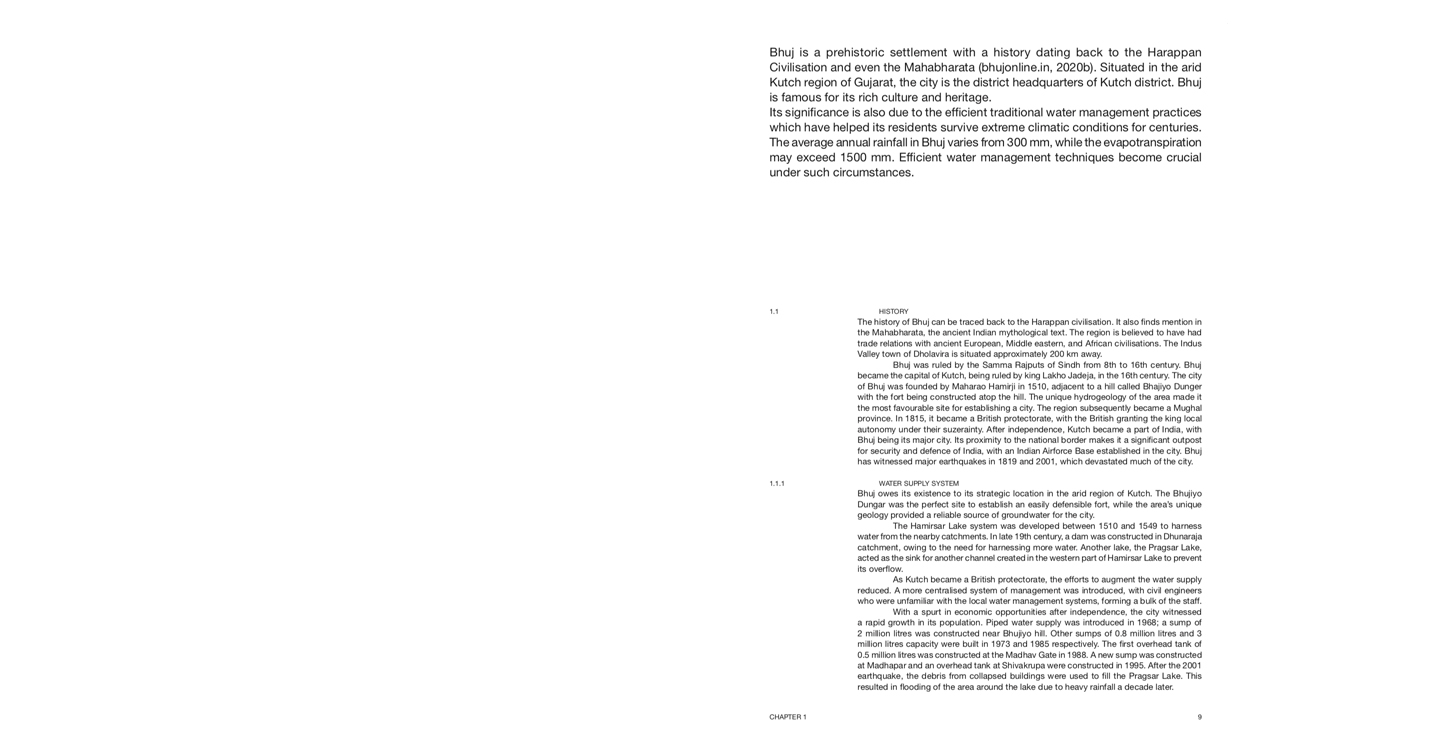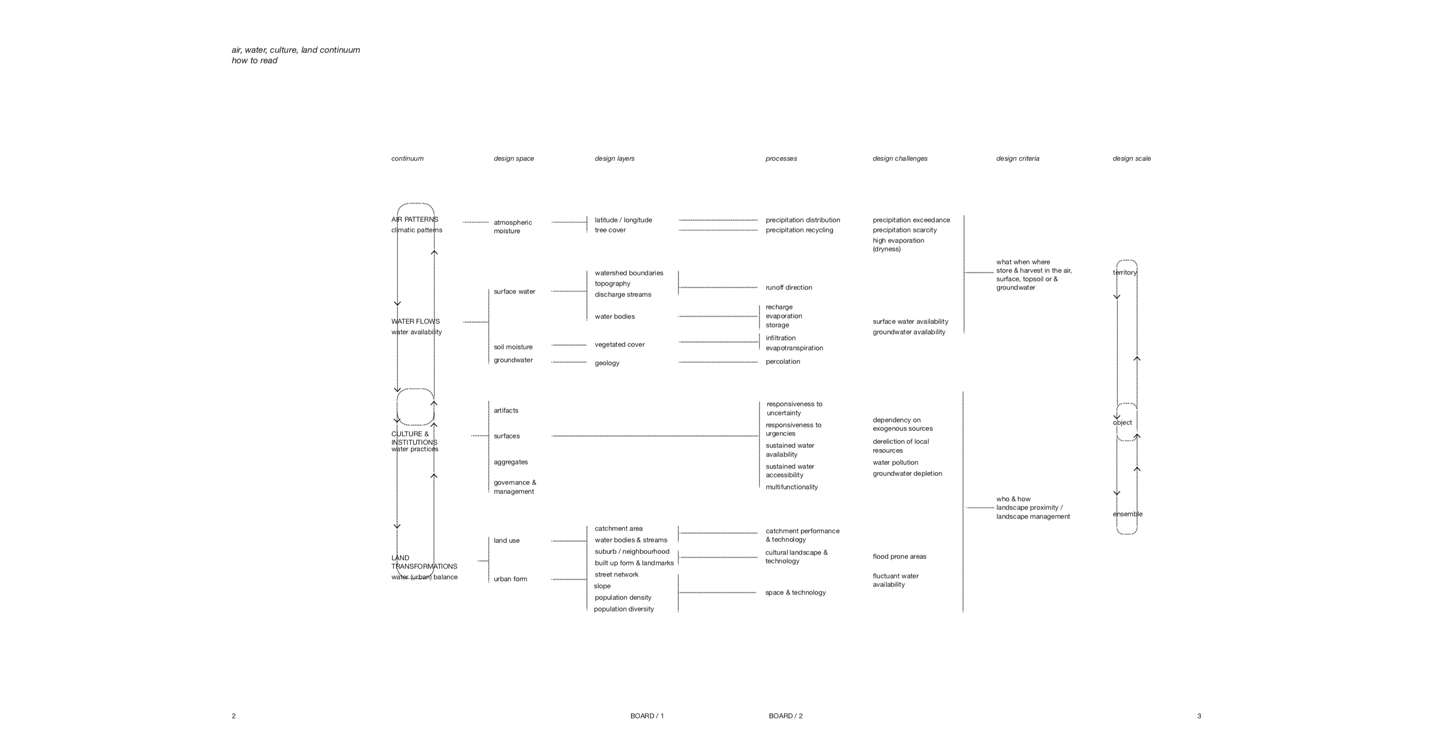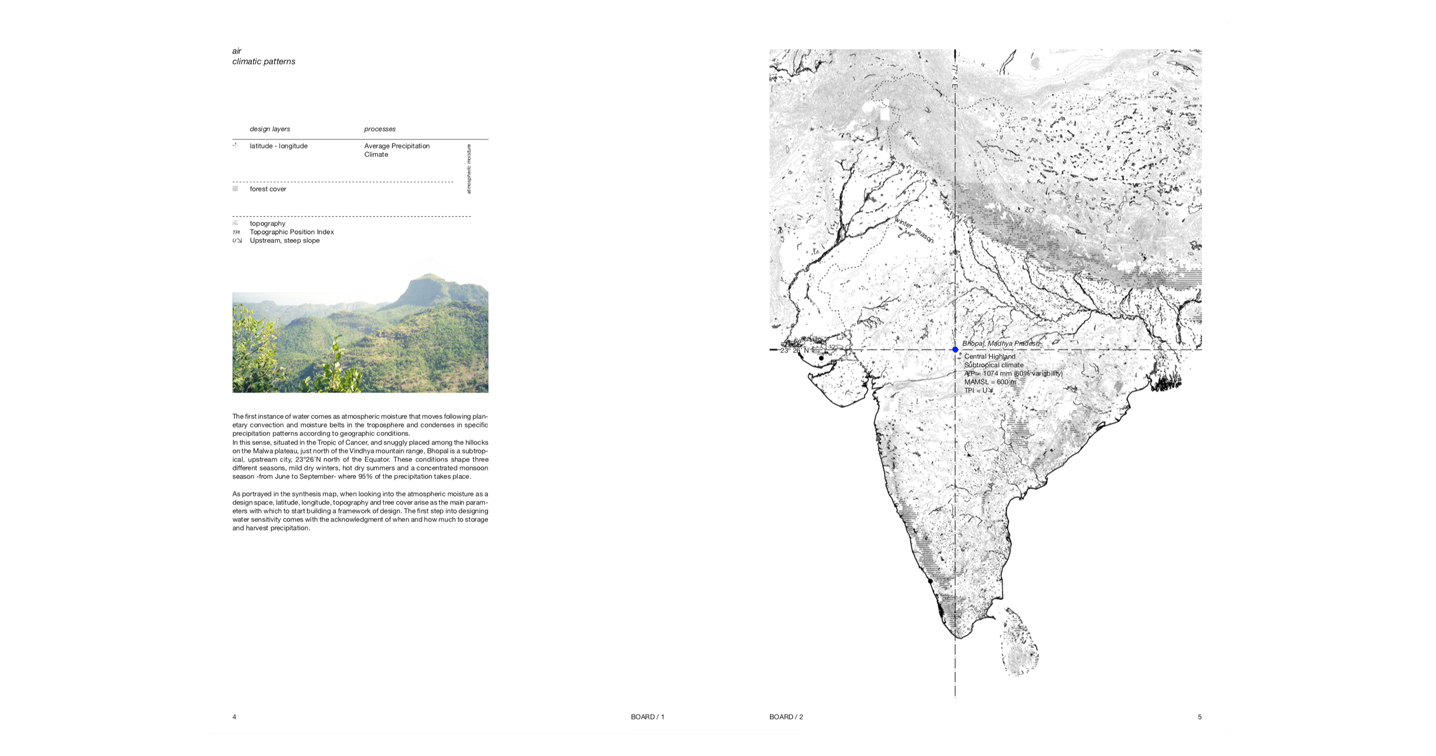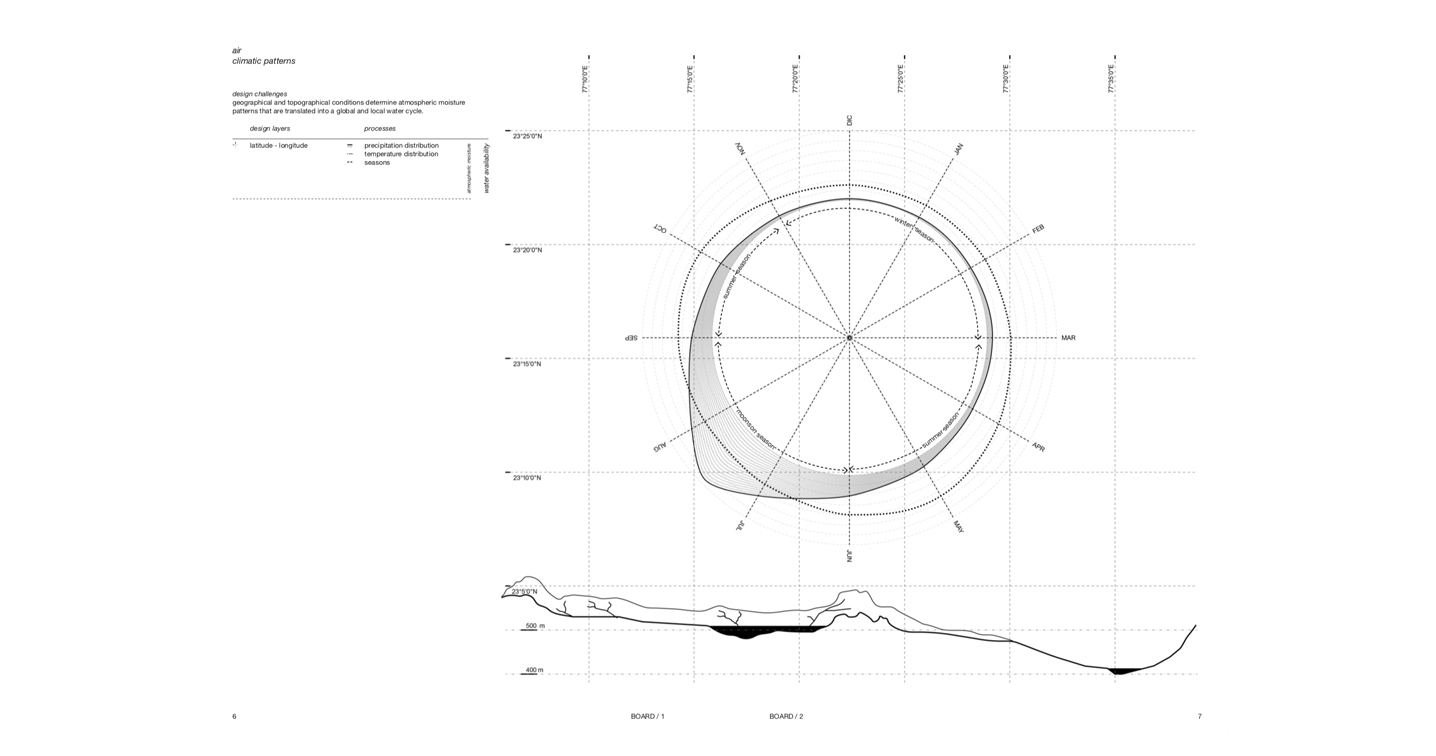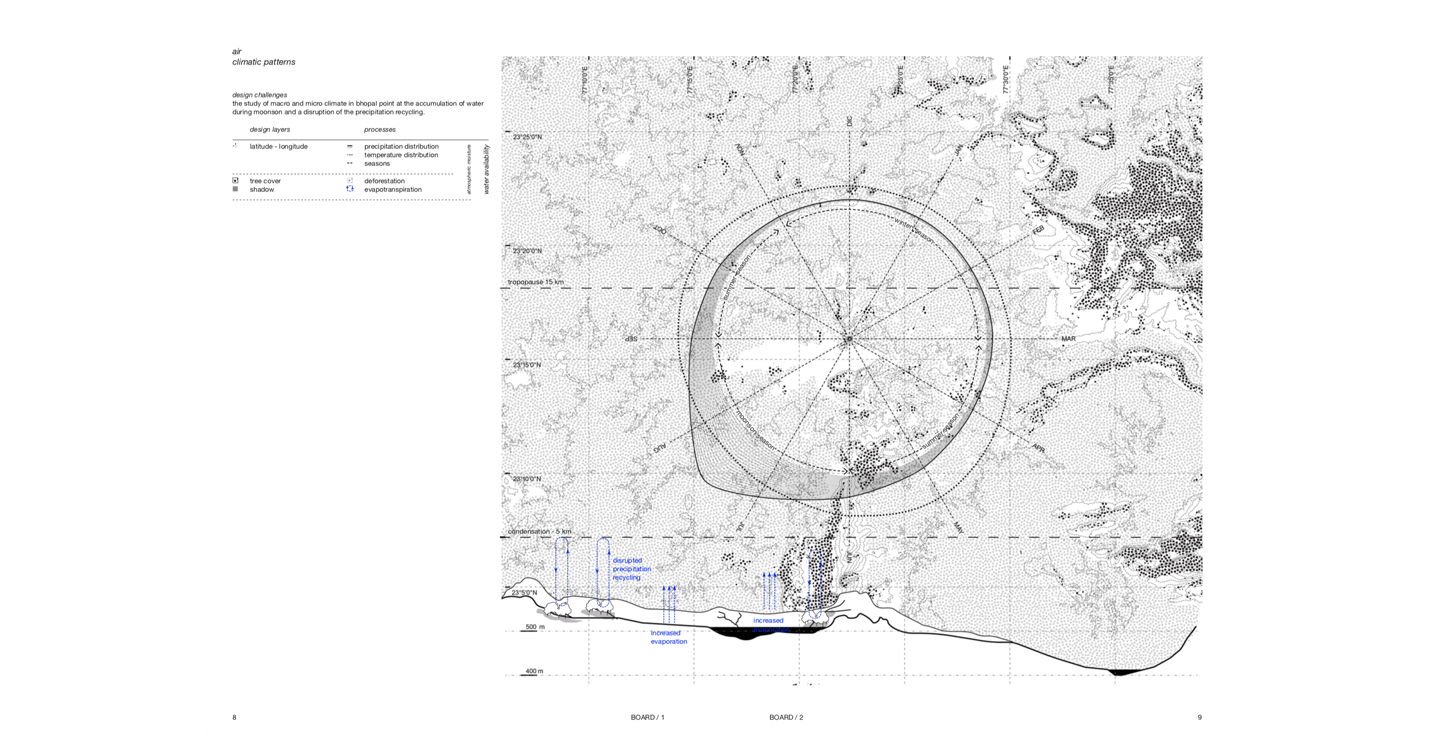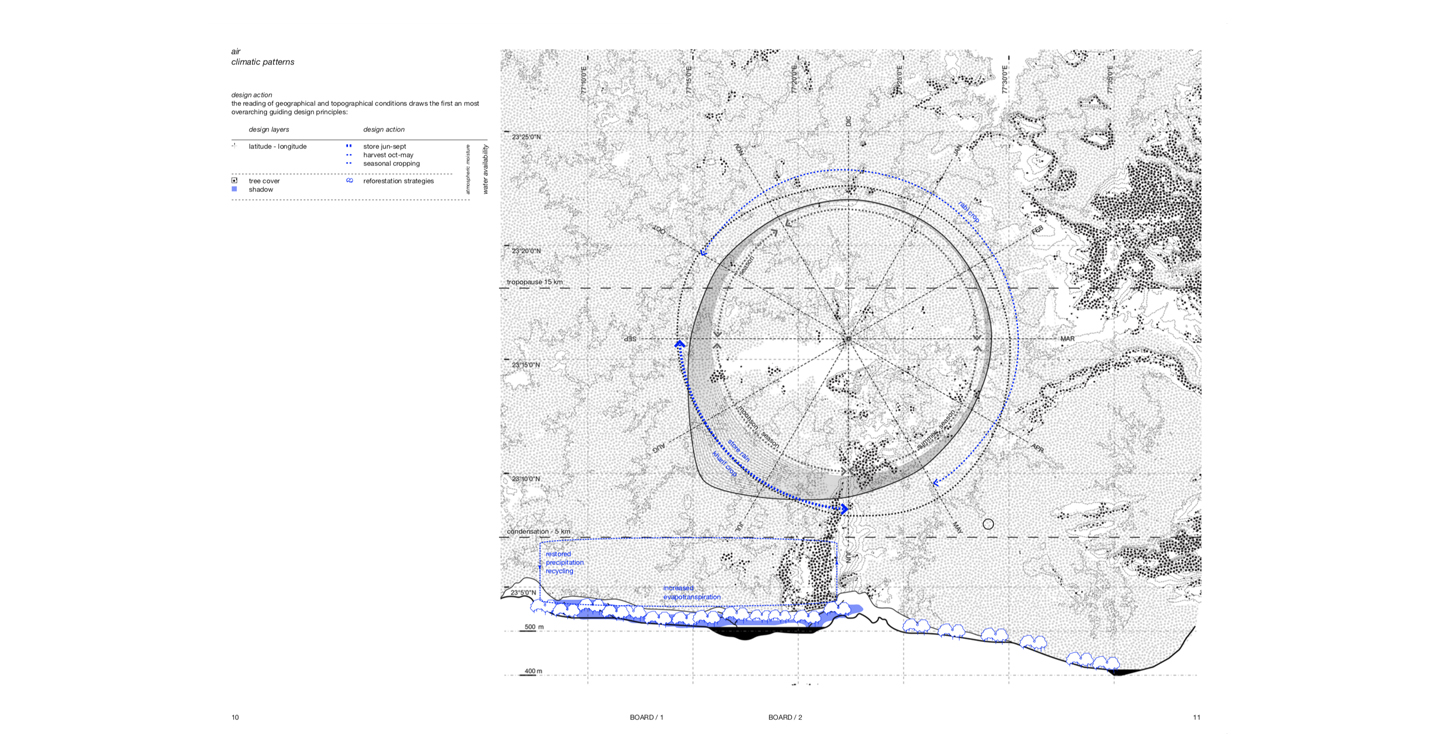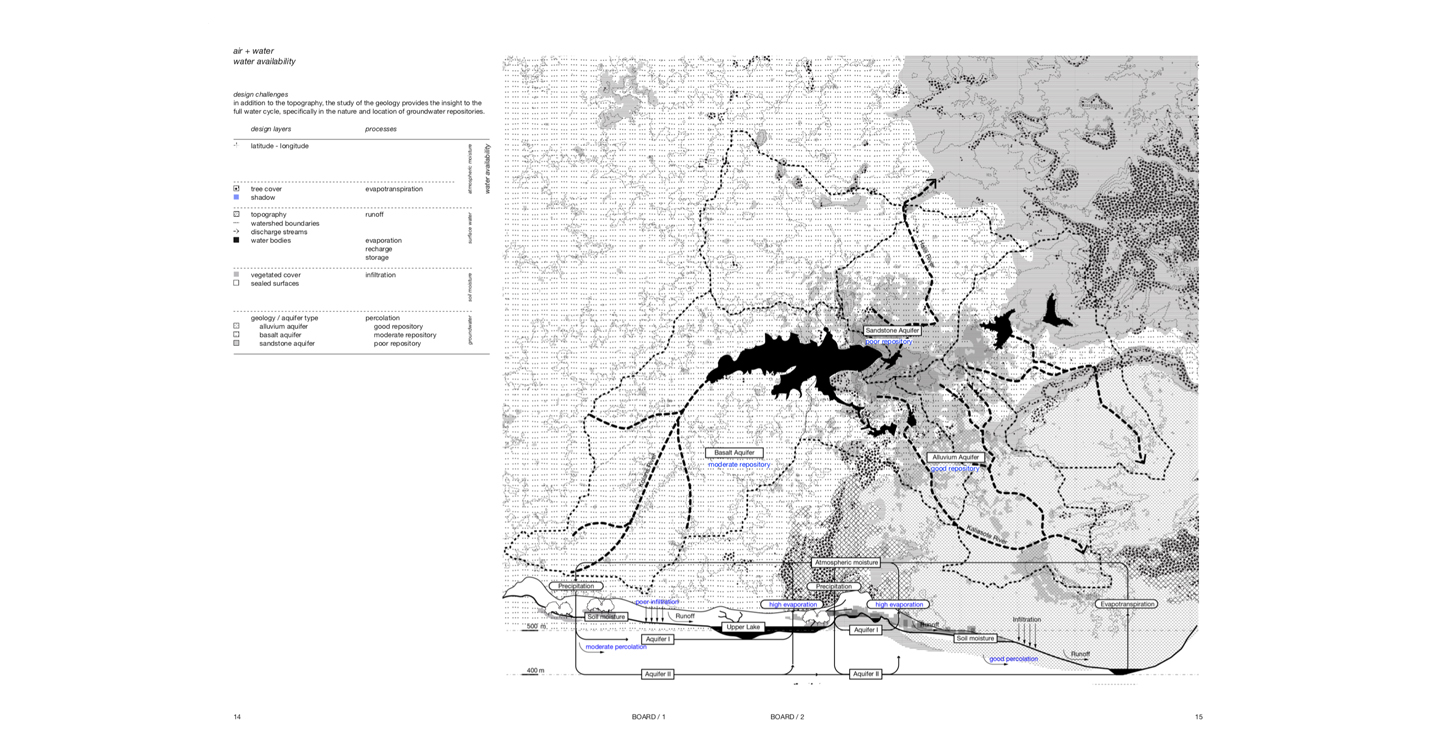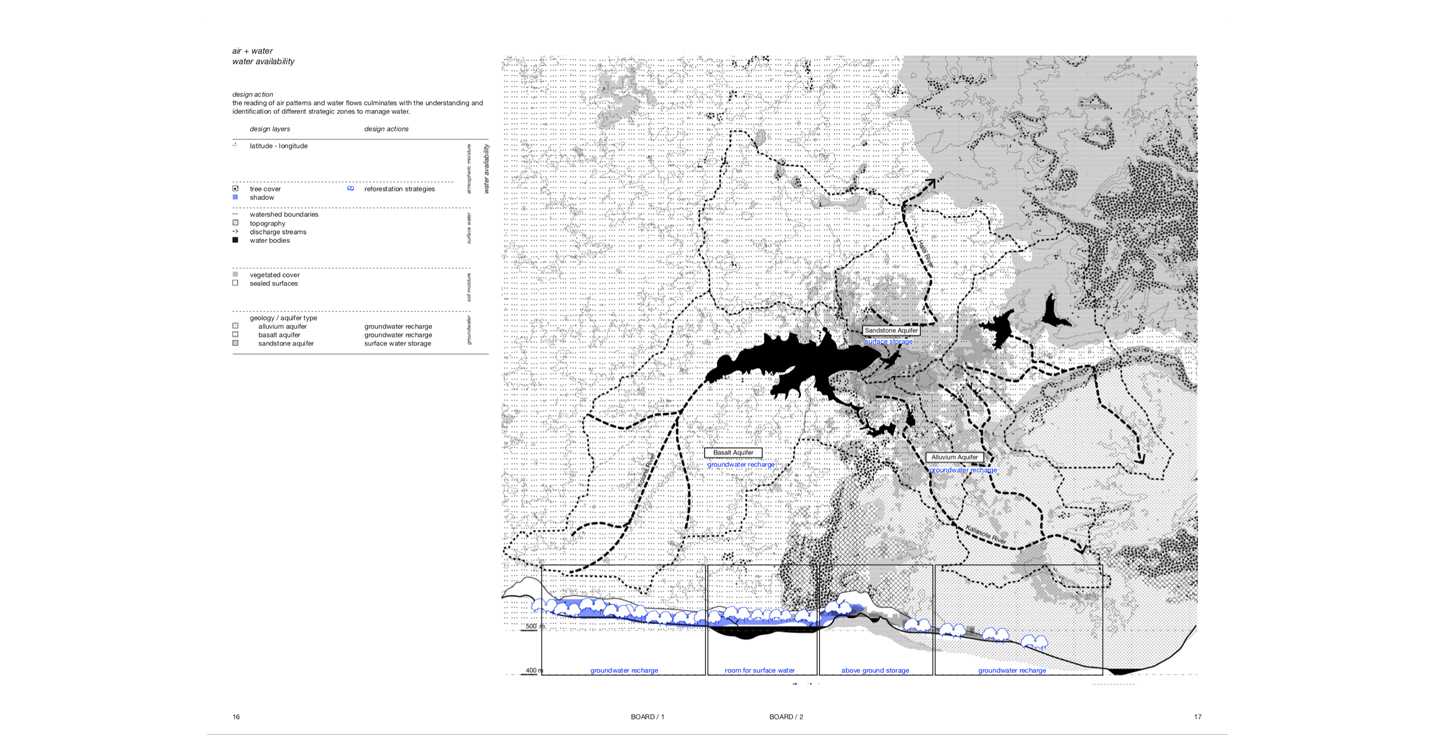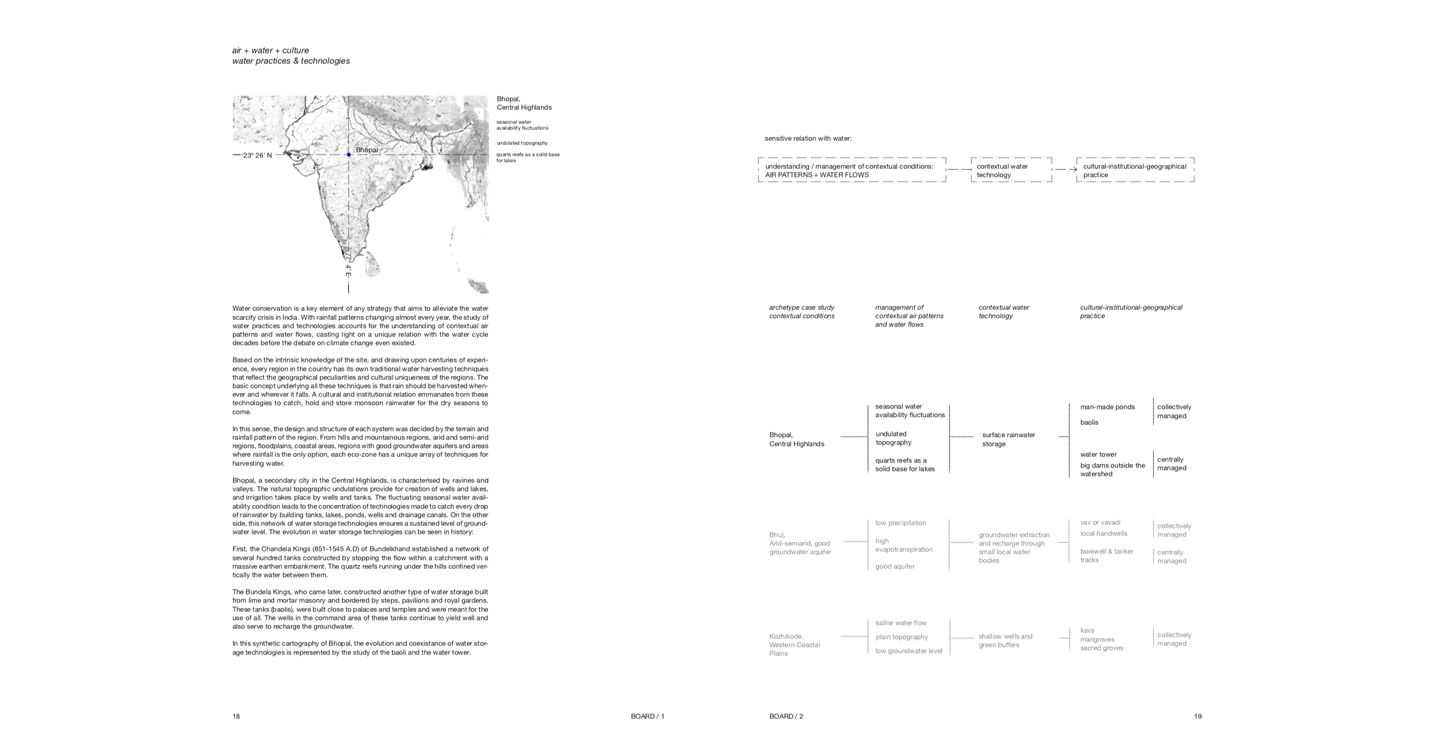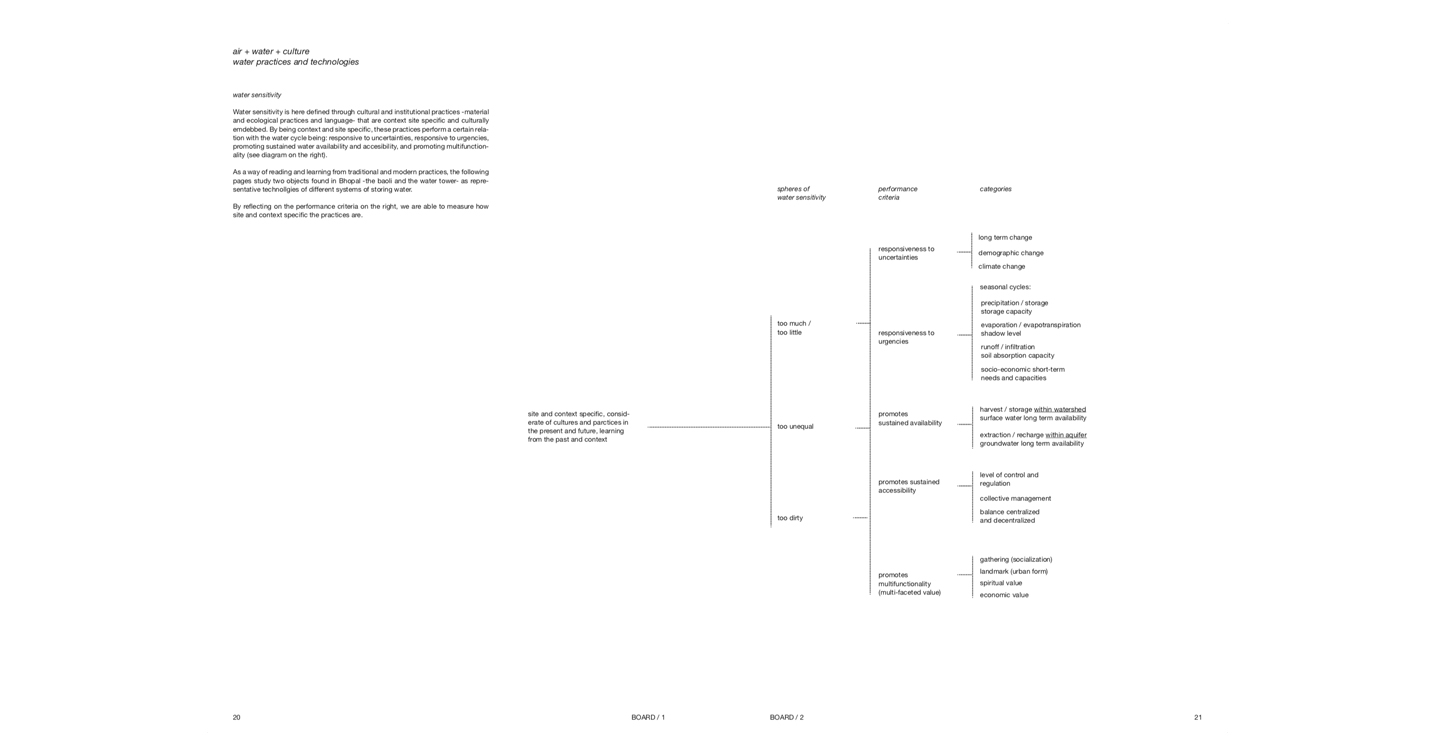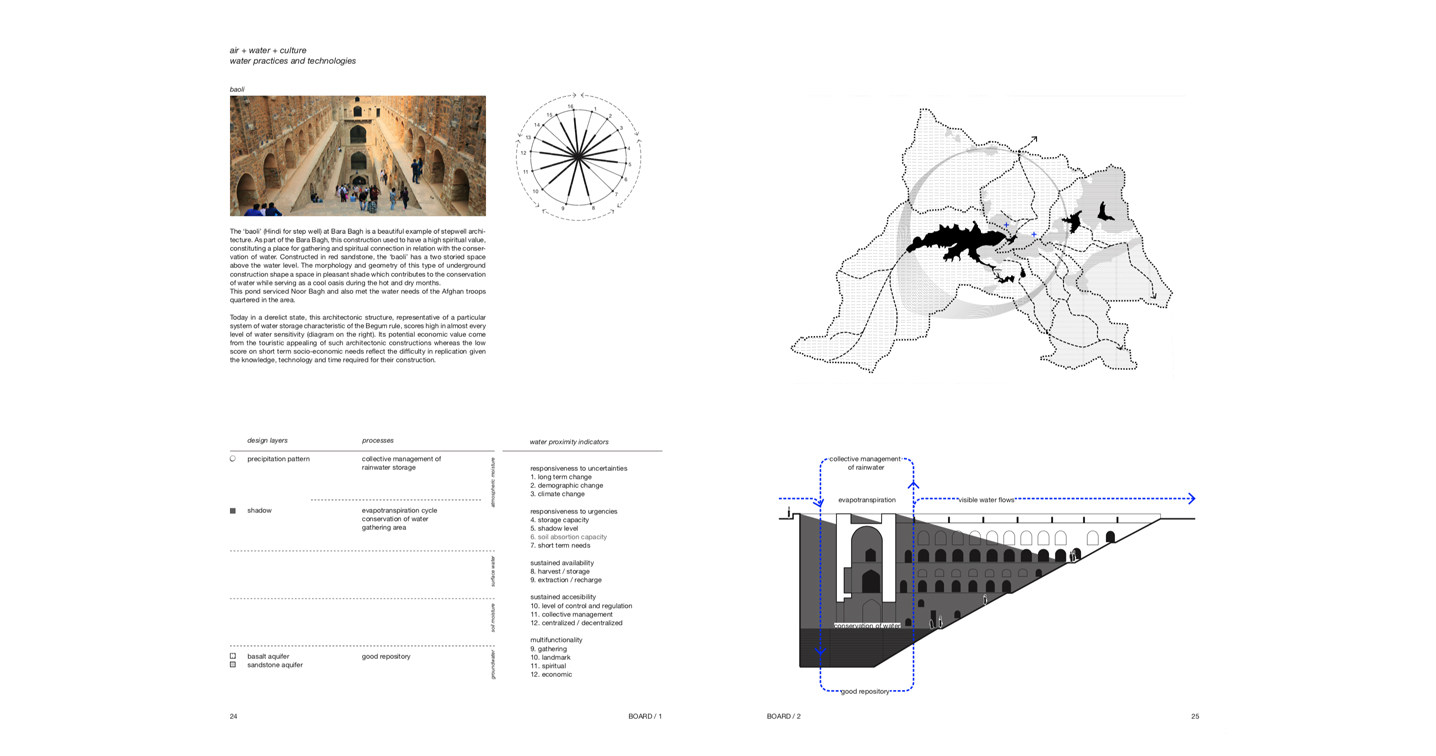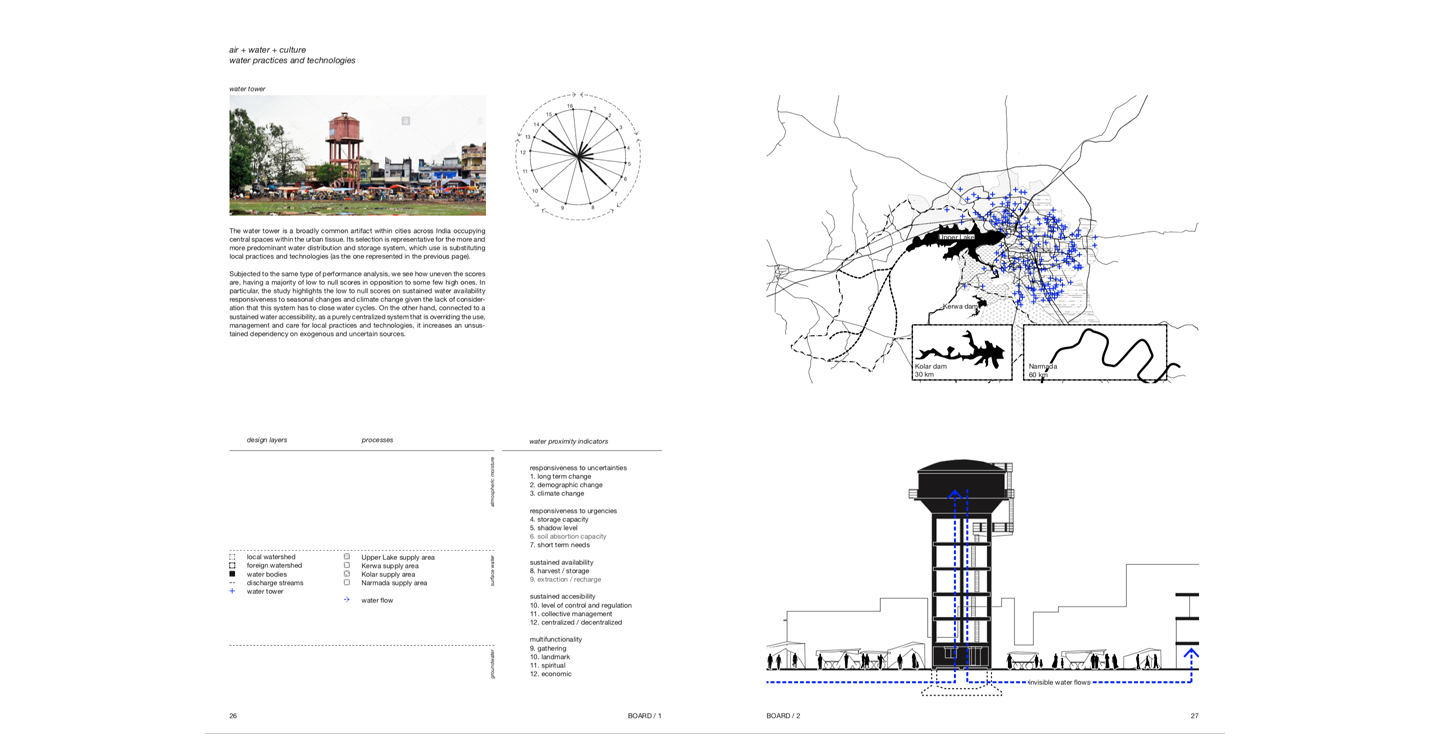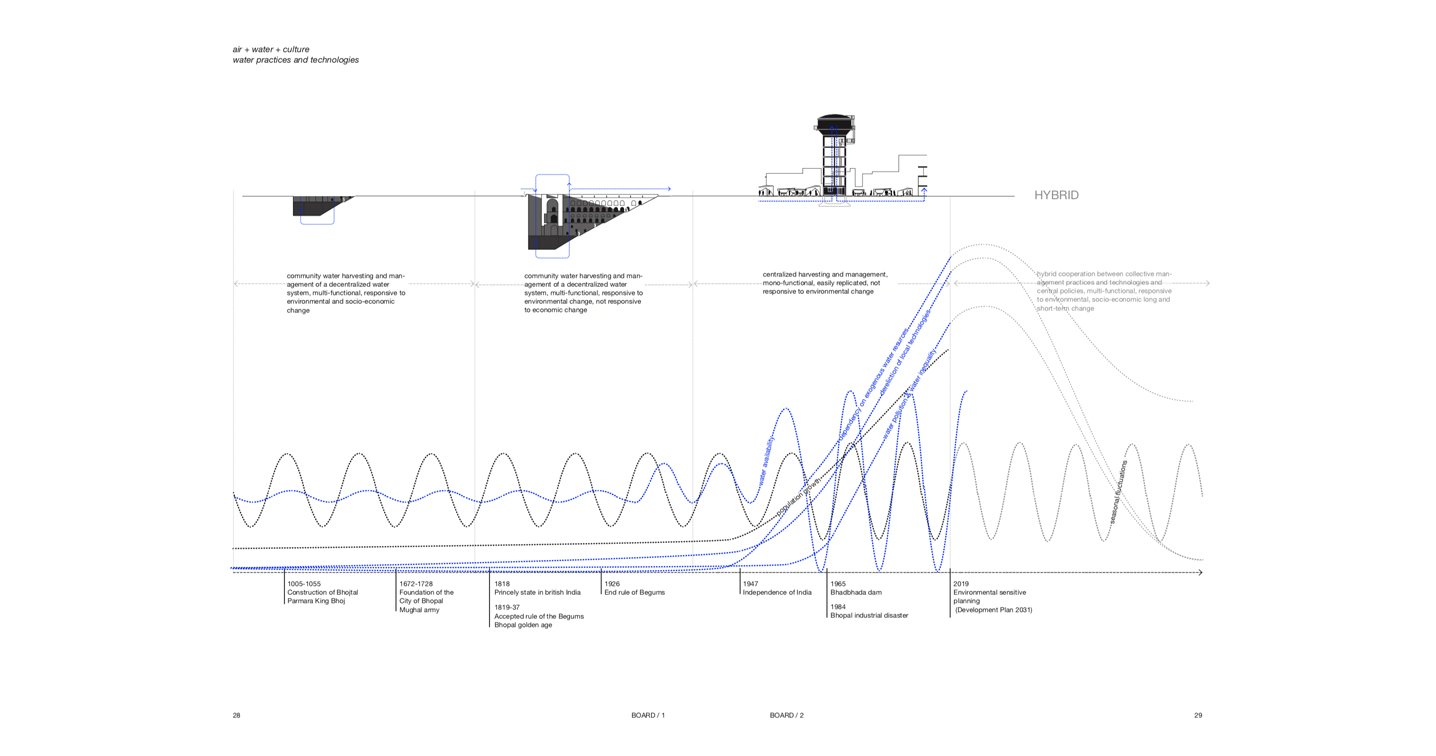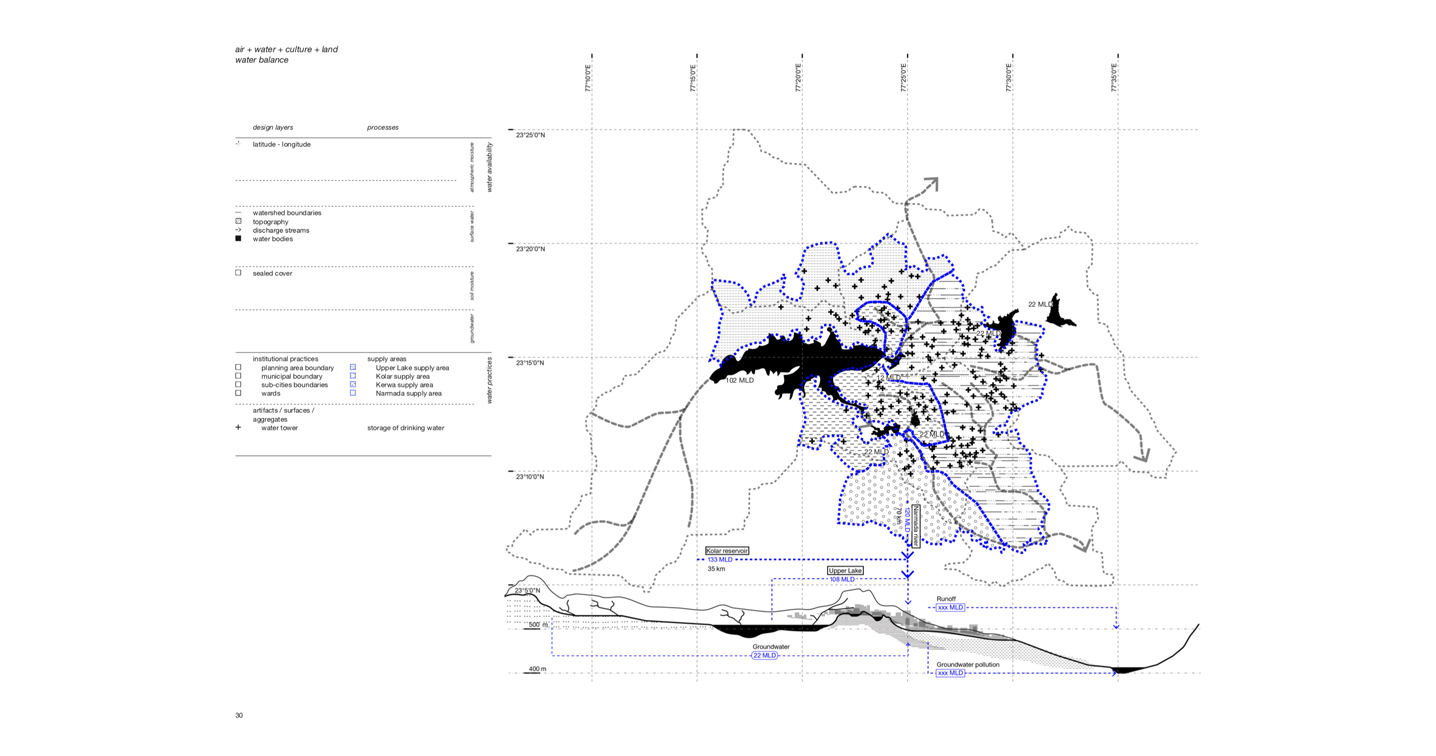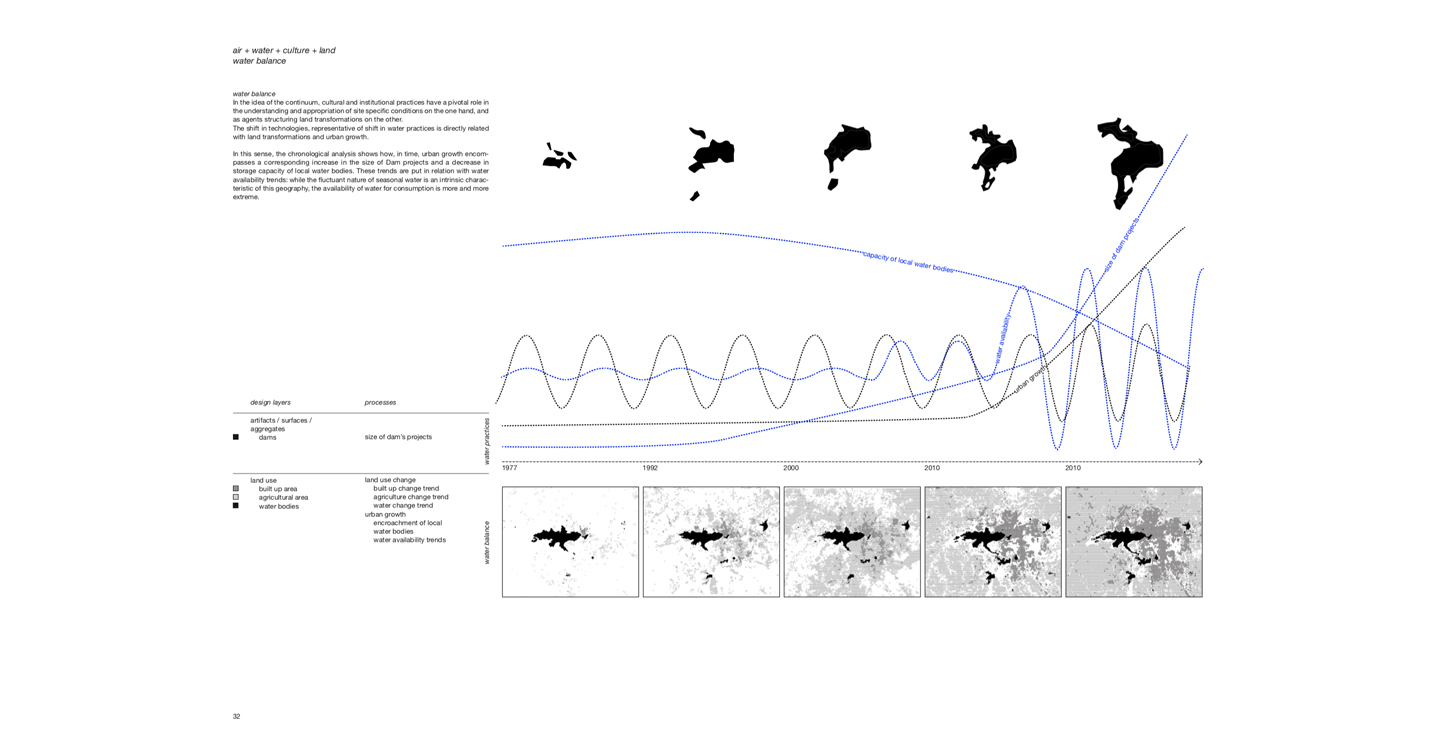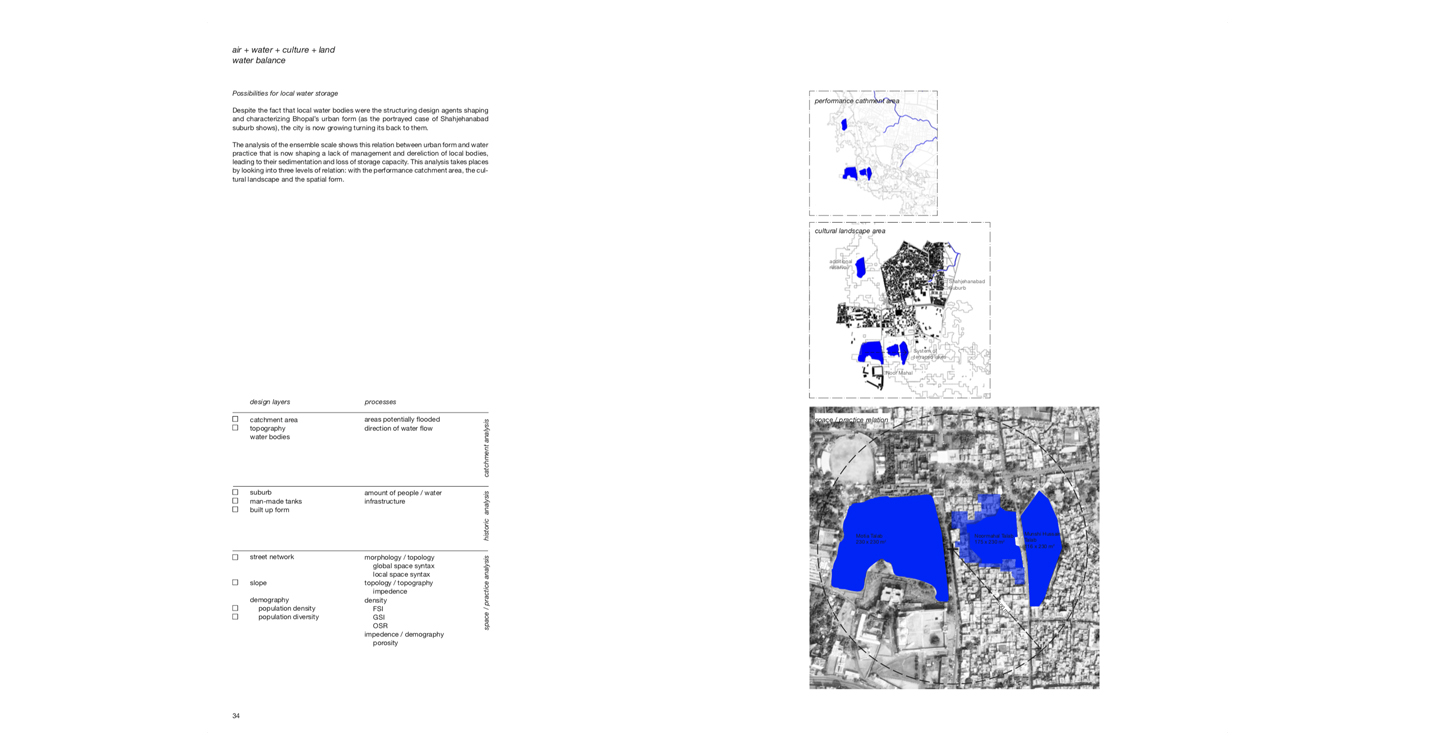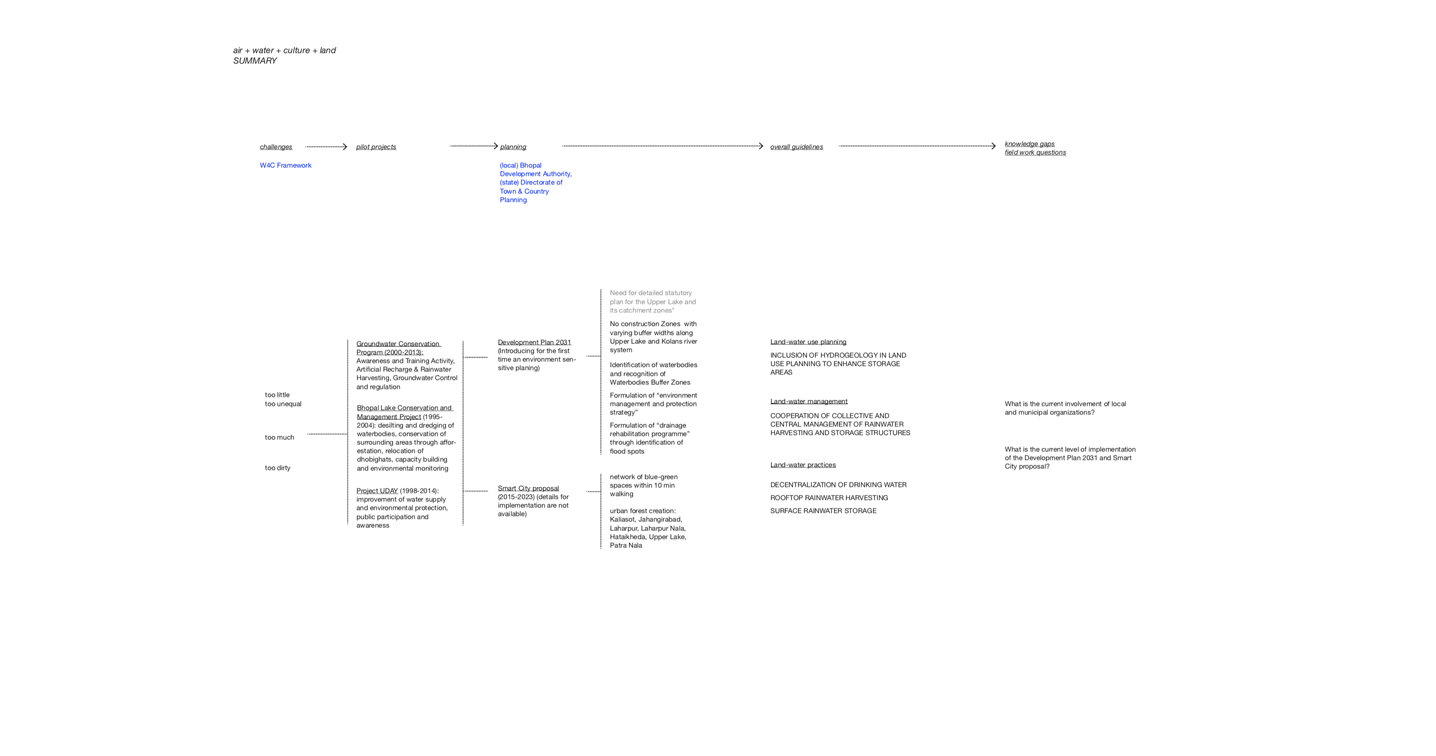The City Atlases are part of the foundation work for the development of the key outputs of W4C programme:
– Water Sensitive City Framework (WSDF): analytical and procedural strategy for co-producing transitions in any Indian city
– Fit-for-purpose guidelines (FFPG): customized pathways and strategies to accelerate transitions in three case study cities
In order to achieve the key outputs, a framework for inter- and transdisciplinary knowledge co-production and integration was developed in the first year of the project. The framework is structured in five key process steps in each case study city that combine preparatory work and workshops, all integrating four realms and stakeholders’ perspectives. In year one, the (1) Integrated understanding of opportunities and barriers for water sensitive design was concluded by producing a detailed ToC narrative tailored for each case-study city. The following four steps are: (2) Contextualized visions for water sensitive cities; (3) Transition pathways for achieving the water sensitive city visions; (4) Design explorations for implementing the pathways and generating learnings; (5) Scaling up, out and deep within and across cities. Year two of the project focuses on the development of contextualized, site-specific and culturally embedded visions for water sensitive cities in the three case-study cities of Bhuj, Bhopal and Kozhikode. Each process step is first delivered across each work package. This requires an integration of insights across work packages, e.g. what are integrated opportunities, challenges, leverage points and strategies for a water sensitive city. Year two starts by harvesting the insights across work packages and integrating them for the construction of a shared vision. Each step is/ will continue to be discussed with stakeholders in the case study cities.
The WSDF and FFPGs will build upon these five steps. The two key outputs and their five process steps constitute the research outcomes of the programme. The scaling strategies will result in a set of guidelines for applying the framework in other cities.
(Extract from the W4C research report, March 2021)
